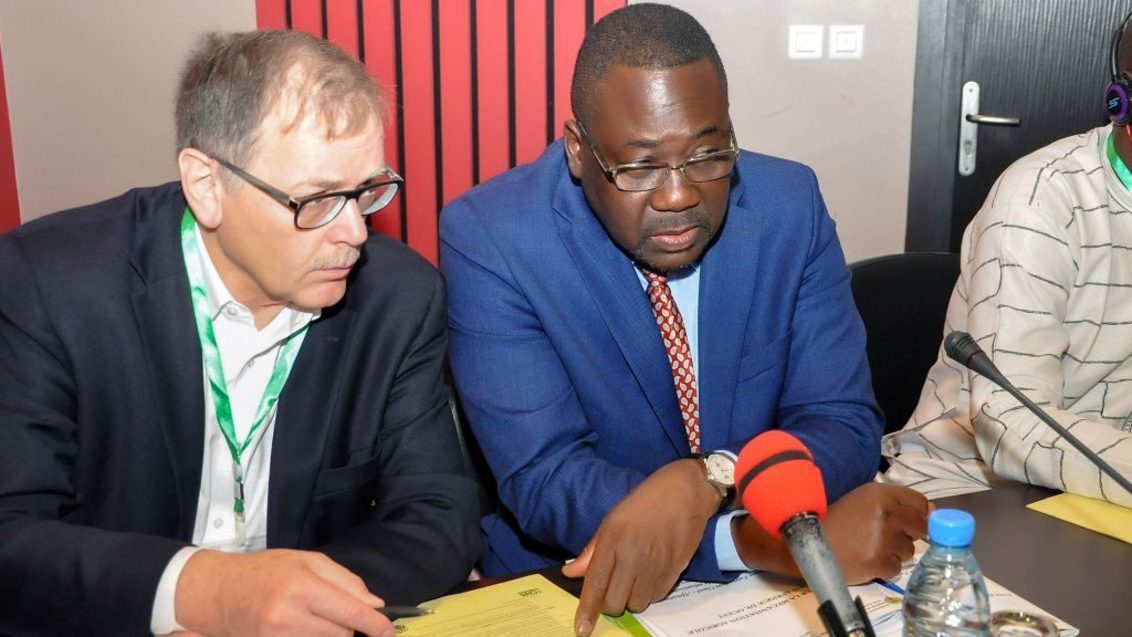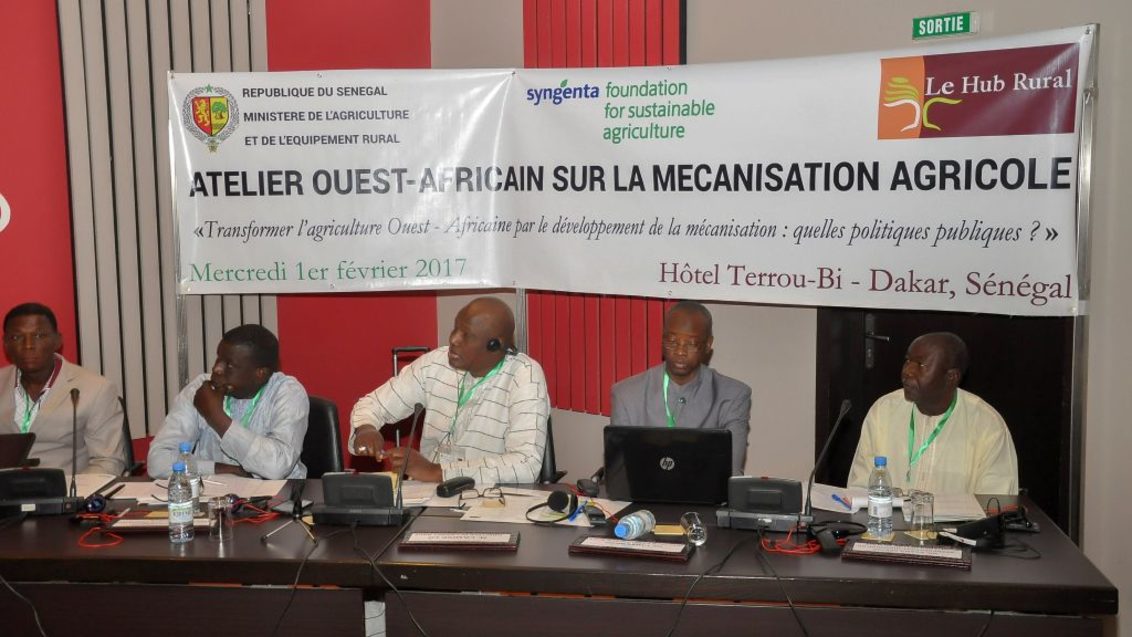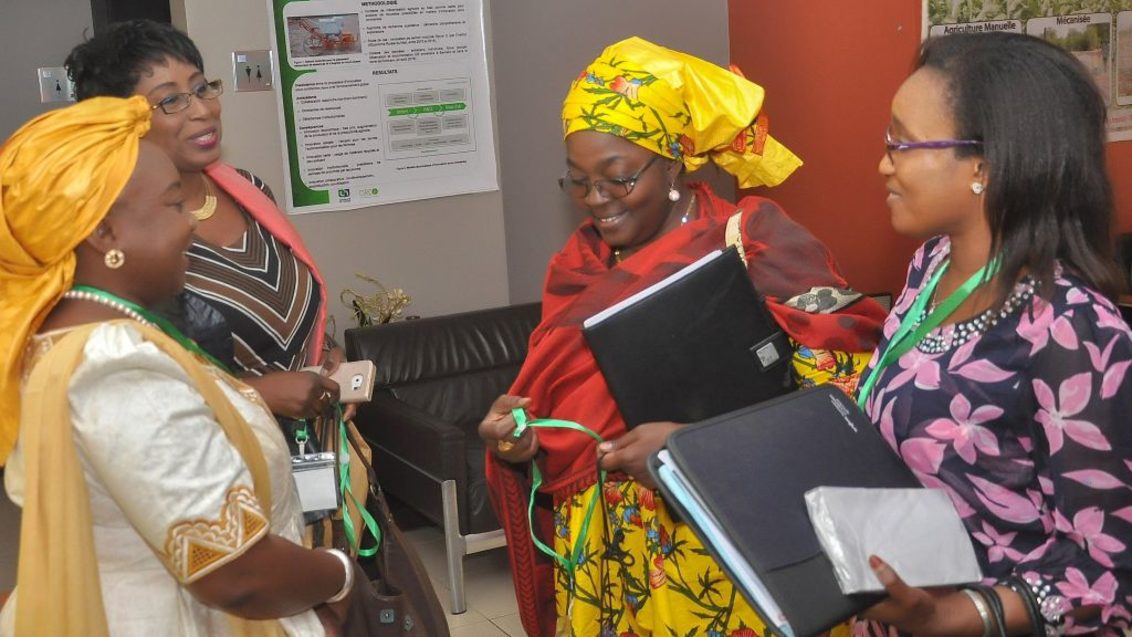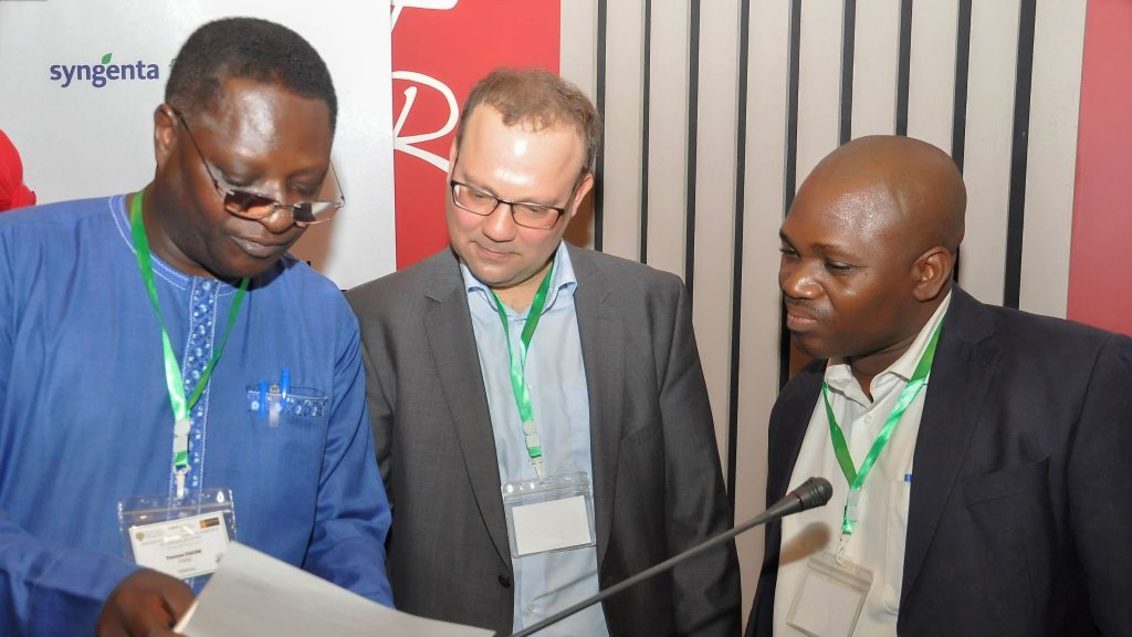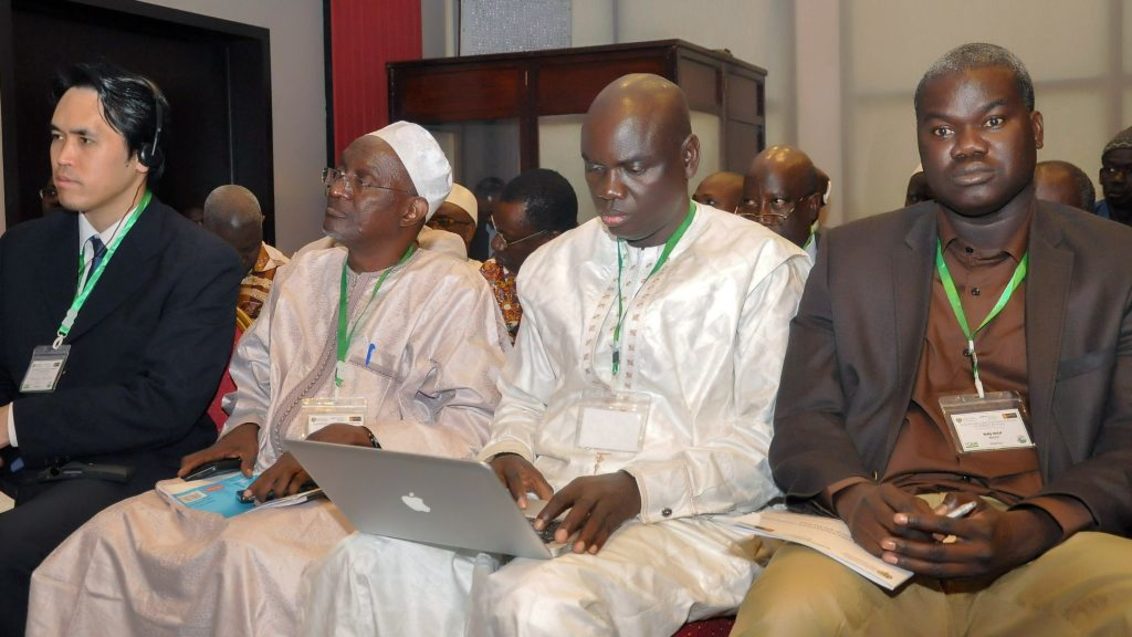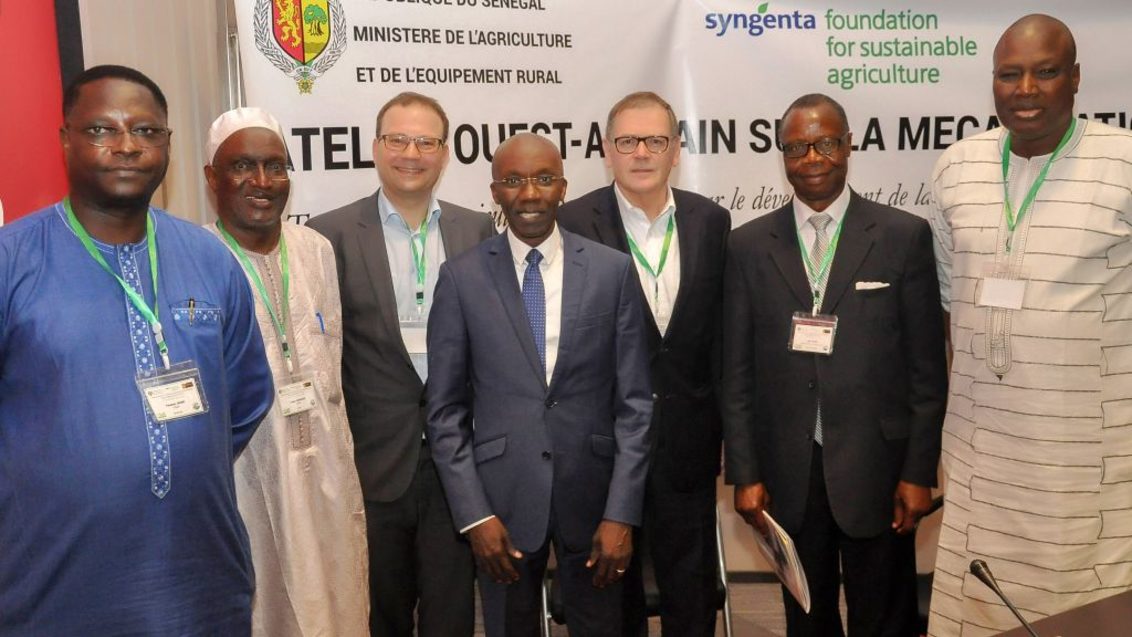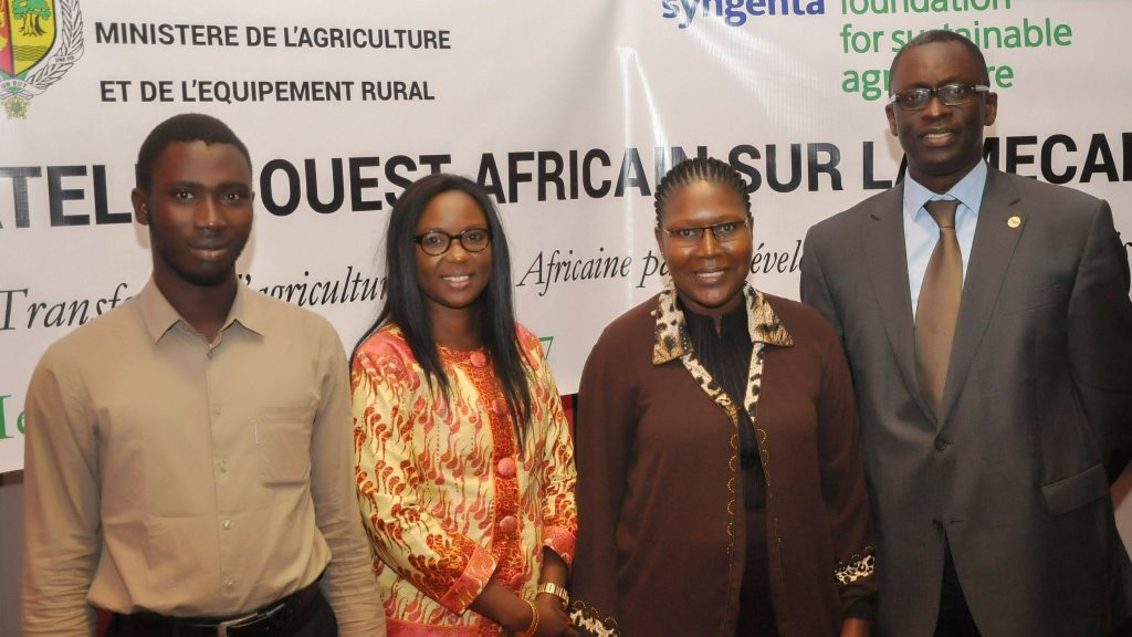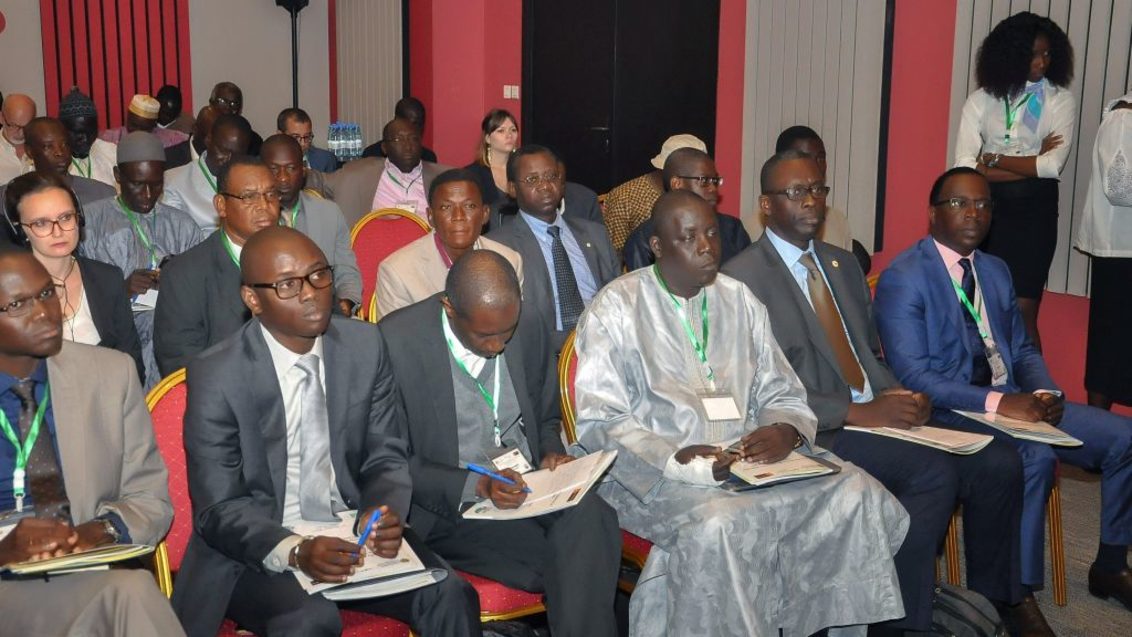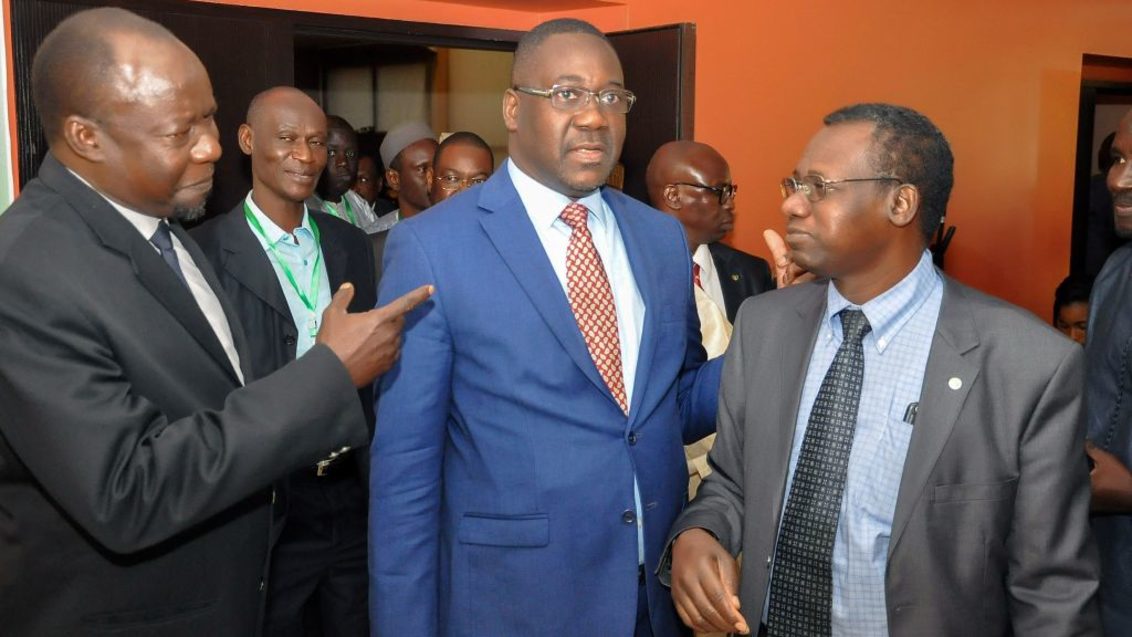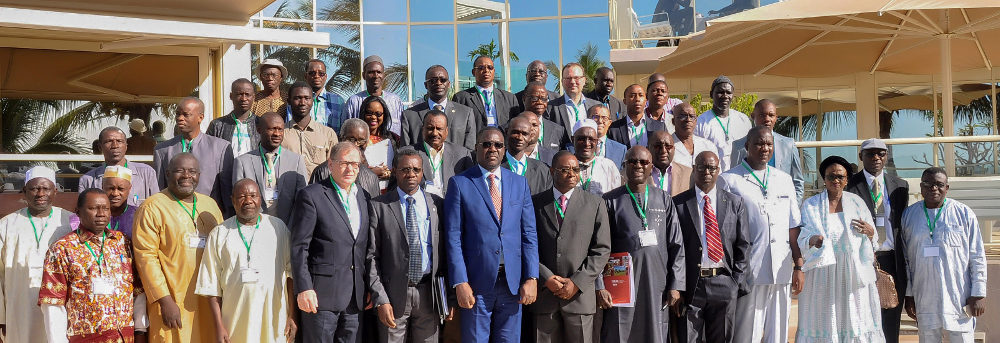
Mechanization needs prudent policies and tailor-made strategies
Workshop makes key recommendations for West Africa
1 February 2017 – Dakar, Senegal. Agriculture remains the backbone of the West African Economy. The agricultural sector provides nearly half of GDP and is the largest income source of the population. In addition, agriculture plays a crucial role in food supply and export revenue generation. However, agriculture in West Africa is dominated by smallholder farmers with a level of productivity short of expectations. Clearly, the agricultural sector needs modernization.
Mechanization is considered a high priority in public policy as it is a central pillar in various strategies for modernizing agriculture. Many countries in West Africa are experiencing rapid demographic and socio-economic changes, which has important implications for food demand. The majority of the population is young and their employment is a fundamental challenge. Mechanization can help both - not just improve agricultural performance, but create employment opportunities for young people. Successful agriculture involves the intensive use of agricultural machinery and the implementation of mechanization tools that are adapted to small and medium-sized farms. The overall goal is to increase employment while improving the efficiency of agricultural production.
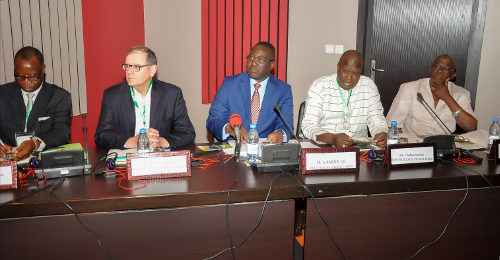
Workshop
Syngenta Foundation organizers Oumar Niangado and Youssou Diagne shaped the workshop around three panels. The first discussed the vision, experiences and challenges of agricultural mechanization in West Africa. The next panel examined supply and demand, and the third looked at mechanization in depth. Case study presentations by professionals working directly in the field preceded each panel. Among the speakers was our Executive Director, Marco Ferroni.
“The workshop generated several important recommendations”, says Youssou Diagne, Regional Coordinator of our rice program. “In particular, it pointed to the need for appropriate mechanization policies and for specific strategies to match each country, value chain, and production system.”
Watch a video report on the conference
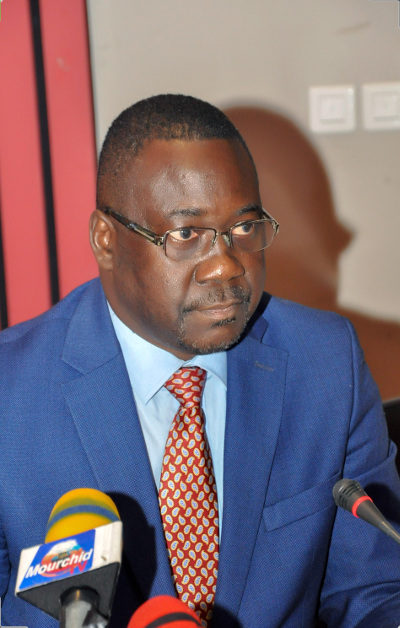
Overall workshop facilitator was our regional advisor Oumar Niangado. “Participants also strongly recommended placing the private sector, rather than governments, at the heart of mechanization supply”, he comments. “There was also general agreement that the correct starting point is real demand from producers, not just ad hoc external financing opportunities.”
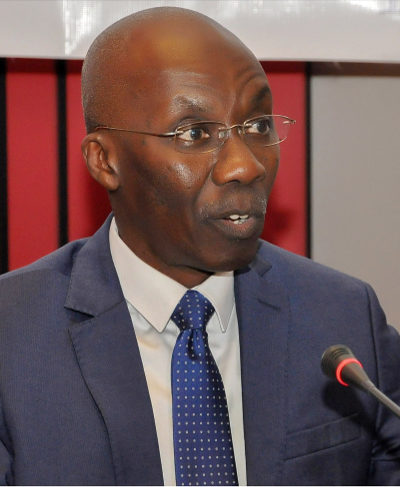
The need additionally became clear for a strategic oversight structure (“West African Mechanization Observatory”) at the sub-regional level. This should harmonize visions and provide policy messages to guide public projects in line with the recommendations above. “We are now working on a brief specifying all these aspects as well as next steps”, reports Robert Berlin. Our Head of Agricultural Services led one of the workshop panels. “We intend to hand the brief to authorities in each country. We’ll also be working with the Hub Rural to coordinate implementation of the key measures and ensure the advocacy at ECOWAS level.”

